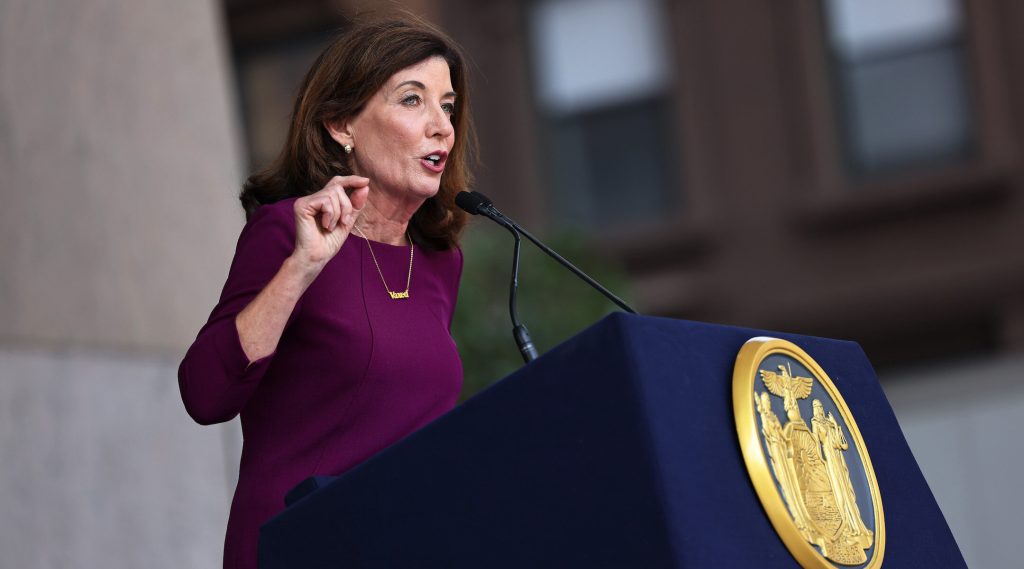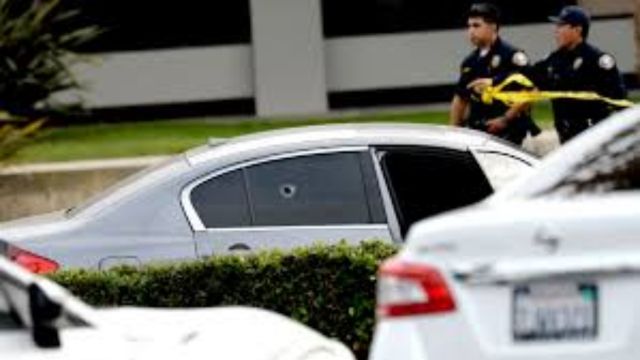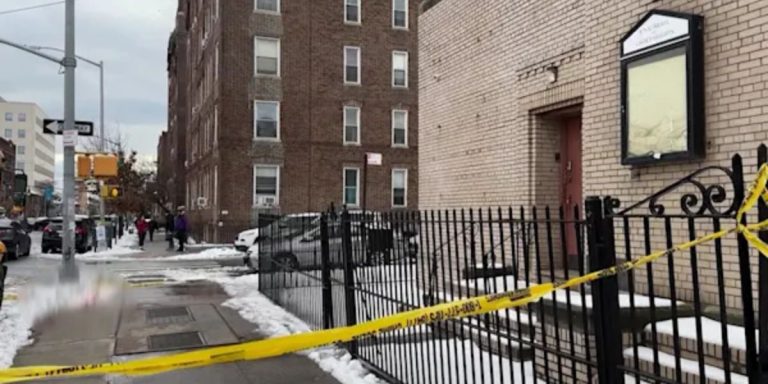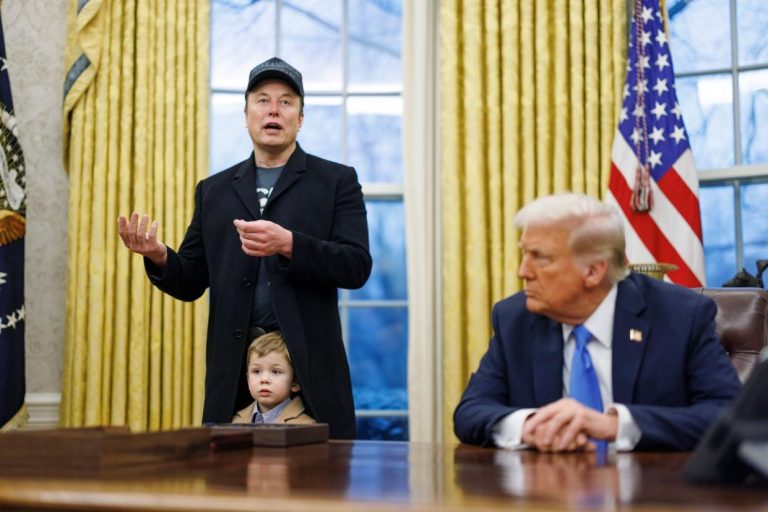Last week, Governor Hochul unveiled an ambitious $35.3 billion school aid package, reflecting a 2.4 percent increase from last year’s $34 billion budget. While the proposal aims to address educational needs, it has sparked concerns due to proposed changes that could impact Foundation Aid for numerous, primarily rural districts statewide.
The New York State United Teacher Union voiced apprehension, emphasizing that the alterations in calculations might disproportionately affect needy districts and small rural communities heavily reliant on Foundation Aid. Senator John Mannion (NY-50) expressed his concerns, stating, “We fully funded Foundation Aid to make sure that we could provide our students with A+ educational experiences so they could compete with everybody.”
Mannion, actively collaborating with state stakeholders, including teachers, superintendents, and parents, highlighted the unexpected challenges posed by the budget proposal and stressed the need for adjustments. Despite acknowledging good intentions, Mannion underscored the real impact on districts, particularly those in rural areas.
Rural districts face the brunt of the proposed changes, while some larger suburban districts seem poised to avoid outright cuts. However, it’s crucial to note that the proposed budget is not set in stone; state lawmakers now have the opportunity to negotiate and shape the final budget.
With an election year underway, this budget proposal introduces a strategic element. Politicians may seize the opportunity to increase aid, appealing to the masses and bolstering their campaigns. Senator Mannion emphasized that, regardless of the election cycle, prioritizing an increase in the budget remains crucial for the well-being of educational institutions.

Read more:
- Trump cheers DeSantis’ departure, marking end to 2024 campaign rift
- Senator Cruz underscores South Texas dependency on trade with Mexico
- Impeachment trial defense for Paxton cost $2.3 million
- Trump’s Attorney Renews Call for Mistrial in Writer’s Defamation Case Involving Sex-Abuse Claims
Grant Reeher, a political science professor at Syracuse University, shed light on the political dynamics at play. Referring to the traditional term “three men in a room,” he suggested that Governor Hochul anticipates the legislature revisiting and potentially enhancing the aid allocation. Reeher speculated, “This sort of game that they play, and we used to call it three men in a room. So, I’m sure she is expecting the legislature to come back and probably boost that aid up a bit.”
Reeher further commented on the budget proposal, noting that school aid had seen higher percentages in recent years, especially considering investments related to COVID and other educational initiatives. The proposed 2.4 percent increase this year appeared modest in comparison, raising concerns among stakeholders.
Despite the outcry from the teachers’ union, it’s essential to consider the broader political landscape. As politicians vie for re-election, their alignment with teachers, parents, and voters becomes crucial. Reeher, however, downplayed the idea that Governor Hochul’s motives are solely to benefit her Democratic allies. He suggested a nuanced perspective, saying, “I think she is concerned about the size of the state budget. If she’s not, she should be. I think this was one way, if not to turn the battleship, at least goose it a little bit on its course.”
In conclusion, Governor Hochul’s school aid proposal, while ambitious, has ignited concerns and stirred political maneuvering. The ongoing negotiations among state lawmakers will determine the final shape of the budget, influencing the educational landscape for the upcoming year.




























+ There are no comments
Add yours